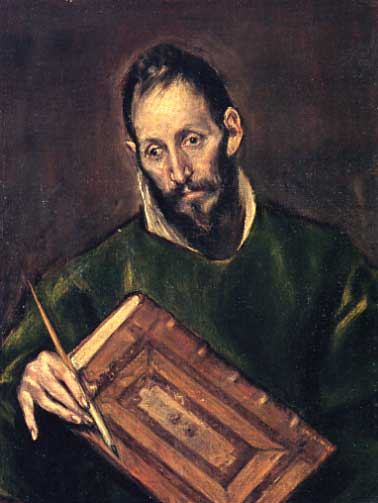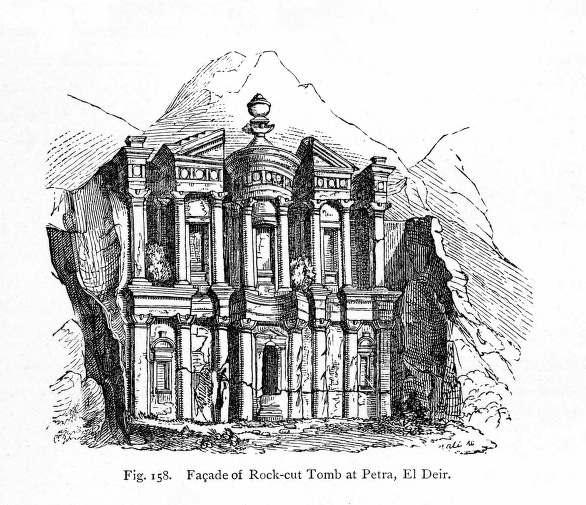
Course description
What is the western "Middle Ages"? Who first named it, and why? How has "medieval" been interpreted, re-interpreted, and even recreated from the Renaissance to the 21st century? What are the resonances of the term "medieval" today? We will anchor our investigation with readings about the Middle Ages, including Carolyn Dinshaw's "Getting Medieval: Sexualities and Communities, Pre- and Postmodern." We will read primary medieval texts as well as secondary literature that traces the conscious creation of a medieval "other." We will consider "medieval" as amorphous, as Romantic, as "folk," as “oriental,” as marketing tool. We will think about the odd admixture of scorn and delight that the term "medieval" conjures for modern audiences, and about the term's cultural specificity (or in-specificity). Time and schedules permitting, we will visit the Benedictine monastery in Mount Angel, Oregon and also try our hand at some variety of medieval recreation. Reading log, class presentation and term paper, as well as short reaction papers, required.
Please be advised of two resources to improve writing: the University Composition Program's resources, and the Teaching and Learning Center in the basement of PLC. As for sources in medieval history, check out this helpful page about medieval studies research developed by the UO librarians: note that it includes internet resources near the bottom of the page (I'm a great fan of The Labyrinth).
Texts:
- Reading log. You'll choose one word from the list below to familiarize yourself with the concepts the class will deal with. Check out the definition in the Oxford English Dictionary (available online at the Knight library) and other available sources, and make that your first entry in the log. Also note how your word has been used in your prior CHC classes. Speculate about ways your word may operate in this class. Then, prior to each class meeting, enter a few thoughts about the word as you've encountered it -- or not encountered it -- in your reading. 100 words or so is a minimum entry (that's less than half a page). You'll hand in your log electronically or as hard-copy at the end of the term. List all sources, including web resources, that you've used. We'll often spend the beginning of classes sharing words and discoveries.
Words: medieval, Middle Age(s), gothic, humanism, modernity, early modern, postmodern, periodization, supersession, reformation, revolution, uncanny, orientalism, authenticity, real, inquisition, science, manuscript, antiquity, subjectivity, classic.
10% of your final grade. - Response papers. Less-than-750-word papers due at the beginning of three Tuesday classes. The Middle Ages has provided a screen onto which scholars and others have projected their desires for an authentic Middle Ages, or a Middle Ages that leads to the modern age, or a Middle Ages that critiques the modern age. Critical readings are meant to inform and challenge your reading of the class's primary texts. Your papers, informed by study questions, will reflect on intersections between primary and secondary readings for three signal moments during the term: after watching Meredith's Monk's Book of Days, after our work with the early modern Henry VIII, and after the Castle of Otranto as example of 18th century Gothic . You might use the word you analyzed in your "word paper" to organize your responses.
Collectively, 25% of your final grade. - Thesis question and annotated bibliography due Thursday, October 27. See this page for a guide for writing an annotated bibliography. You do not have to have a unique topic -- a number of you could work on Gaston Paris, for instance, and share resources -- but each student must write an individual term paper. Our critical readings provide potential topics for term papers. Simmons, for instance, names other writings by John Ruskin as well as the 16th-century English protestant apologist John Foxe (p.2), or there's Ivanhoe whch she mentions on page 5. Medieval-themed novels like William Morris's A Dream of John Ball (p. 9) ; medieval-themed architecture like Britain's houses of parliament; the Camden Society or the Roxburghe Club (p. 7); the art criticism of Michael Camille (p. 18): any of these would provide good beginnings from which to identify a thesis question. Be advised that the Clark Honors College has a library specialist at the Knight Library, Miriam Rigby, to help you with your research.
15% of your final grade. - Class presentation. The last week of class will be devoted to 7-minute class presentations on individual research topics. These presentations can be organized individually or in a group, but time constraints must be followed. The presentations' main purposes are (1) to help you articulate your research thesis for interested parties and (2) to provide others in the class with more information about medievalism and its invention/history/uses. You'll each fill out a presentation evaluation form for your classmates' presentations: you can find the form here.
15% of your final grade. - Term project due Monday, December 5. While I'm quite happy for you to write a standard term paper (approximately 2500-3000 words), and a good portion of the work must be written, you may include other types of research, such as images or music, as your "text" and to make your points. And, as mentioned above, you can certainly collaborate, but each class member is required to write an individual term paper. Submit papers electronically.
25% of your final grade.
Grading
The word reading log constitutes 10% of your grade; the response papers, 25%; the thesis question and bibliography, 15%; participation/contribution, 10%; the class presentation, 15%; and the term project will constitute 25% of your grade. Please note the University's "grade point value" system effective 9/90, as I will be using this system (unless otherwise noted):
|
A+ = 4.3 |
B+ = 3.3 |
C+ = 2.3 |
D+ = 1.3 |
|
A = 4.0 |
B = 3.0 |
C = 2.0 |
D = 1.0 |
|
A- = 3.7 |
B- = 2.7 |
C- = 1.7 |
D- = 0.7 |
Note that a grade of "C" is, according to academic regulations, "satisfactory," while a "B" is "good." That means that a "B" is better than average, better than satisfactory, better than adequate. The average grade, then, is a "C"; a grade of "B" requires effort and accomplishment.

